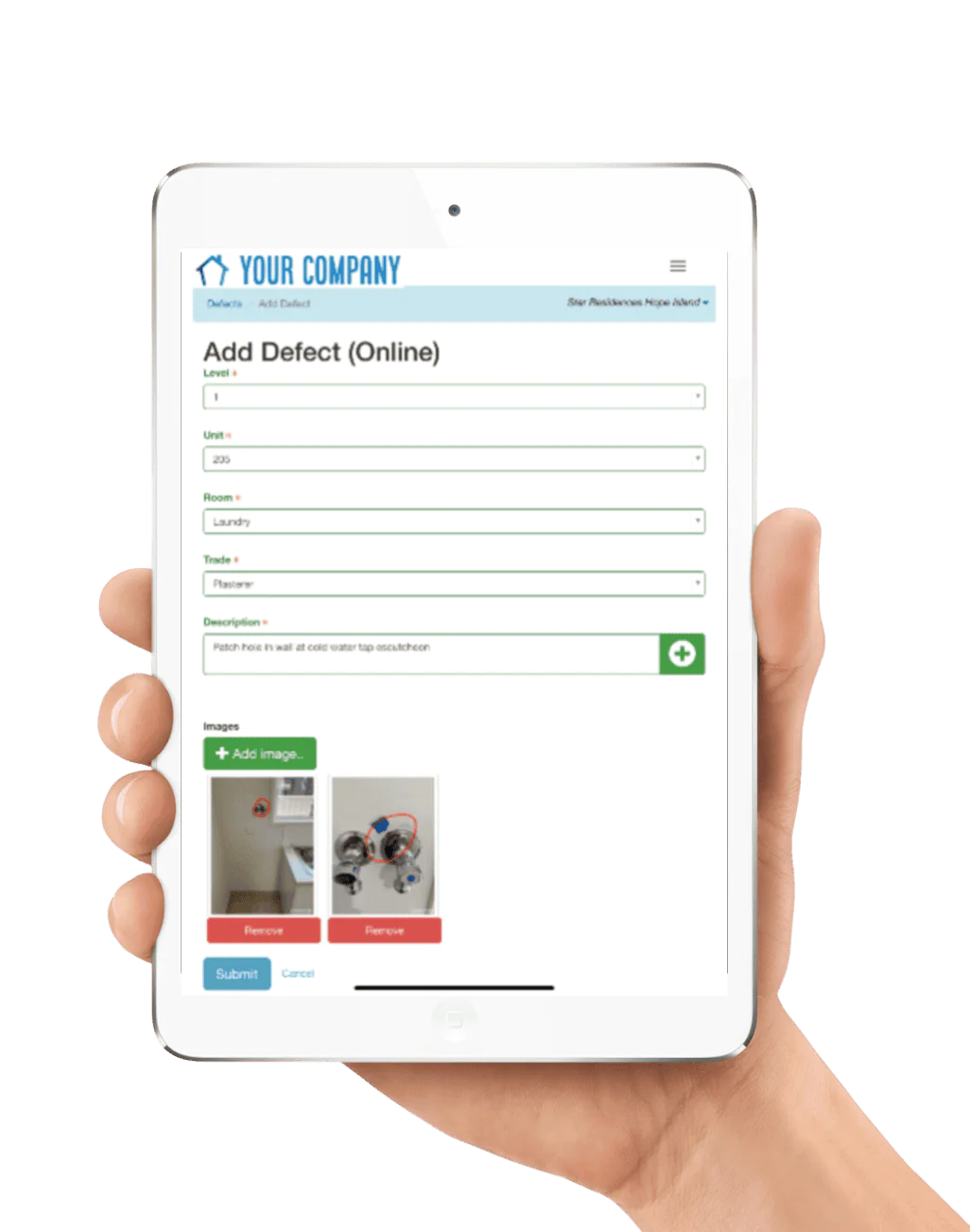Building a Strong Foundation: Job Readiness Skills for Entry Level Jobs and Learning Disadvantaged Individuals
In today’s competitive job market, securing employment goes beyond just submitting a resume. Employers are increasingly looking for candidates who possess strong job readiness skills, especially for entry-level jobs. These essential competencies form the foundation for workplace success, and for learning disadvantaged individuals, acquiring these skills can be a transformative step toward economic independence and social inclusion.
What Are Job Readiness Skills?
Job readiness skills refer to the soft and hard skills that make someone prepared to enter and succeed in the workplace. They include:
-
Communication skills (verbal and written)
-
Punctuality and attendance
-
Problem-solving and critical thinking
-
Teamwork and collaboration
-
Professional behavior and attitude
-
Basic digital literacy
-
Adaptability and willingness to learn
These skills may seem simple, but they are often what distinguish successful job candidates from others, especially in entry-level positions where technical expertise is less important than work ethic and reliability.
Why Job Readiness Matters for Entry-Level Jobs
Entry-level jobs often serve as the first step on a longer career journey. These roles may include retail positions, administrative support, food service, and other service industry roles. Though the requirements may not be extensive, job readiness skills for entry-level jobs are crucial for gaining and retaining employment.
Employers want to see that a new hire can follow directions, show up on time, work with others, and handle responsibility. Job readiness training helps build these qualities and instills confidence in job seekers. For many, especially young adults, this training bridges the gap between school and the workforce.
Unique Challenges for Learning Disadvantaged Individuals
Learning disadvantaged individuals face particular challenges in acquiring job readiness skills. This group may include those with cognitive disabilities, learning disorders, low literacy, limited English proficiency, or disrupted formal education. These individuals often struggle with traditional education and training programs, which are not tailored to their needs.
Providing job readiness skills for learning disadvantaged populations requires a more inclusive and adaptive approach. This might include:
-
Simplified and visual learning materials
-
One-on-one or small group instruction
-
Practical, hands-on training experiences
-
Mentoring and coaching support
-
Use of assistive technologies
-
Focus on real-life scenarios and routine tasks
With the right support systems in place, learning disadvantaged individuals can overcome barriers and thrive in the workforce.
Effective Job Readiness Programs: What Works
Whether aimed at the general population or those with learning difficulties, effective job readiness programs share a few core features:
-
Assessment of Skills and Interests: Understanding where an individual stands and what kind of work suits them is the first step.
-
Customized Learning Plans: Programs should adapt to individual learning styles and needs.
-
Workplace Simulations: Role-playing, mock interviews, and internship placements help simulate real-world scenarios.
-
Life Skills Training: Budgeting, time management, and stress handling are crucial for long-term success.
-
Employer Engagement: Partnerships with local businesses can lead to better job placement outcomes.
For entry-level job seekers, such programs build the confidence and competence needed to secure and retain employment. For the learning disadvantaged, they provide a rare opportunity to overcome educational gaps and build a pathway toward independence.
The Role of Technology in Bridging the Gap
Technology is playing a growing role in making job readiness training more accessible. Apps and platforms that offer gamified learning, visual instruction, and real-time feedback are especially helpful for those who struggle with traditional learning methods. Online resume builders, virtual job fairs, and video tutorials are also making training more flexible and less intimidating.
Programs tailored to job readiness skills for learning disadvantaged individuals often include adaptive tech tools that help learners at their own pace. Speech-to-text software, visual schedules, and interactive e-learning modules all make training more inclusive.
Moving Forward: Creating Inclusive Opportunities
Equipping people with job readiness skills for entry-level jobs should be a priority for workforce development agencies, schools, nonprofits, and employers. But to make real progress, we must also ensure that these efforts are inclusive of those who face learning challenges.
Inclusion doesn’t just benefit individuals; it strengthens entire communities. A more diverse and skilled workforce boosts productivity, reduces unemployment, and creates a more equitable society.
Conclusion
In a world where the job market is rapidly evolving, job readiness skills have become more important than ever. For those stepping into entry-level jobs, these skills lay the foundation for career success. For learning disadvantaged individuals, they offer hope, empowerment, and a chance to contribute meaningfully to the workforce.
Through inclusive training, adaptive technology, and a focus on practical skills, we can ensure that everyone — regardless of their background or learning ability — has the opportunity to succeed in the world of work.
- Share

YOU MIGHT ALSO ENJOY
SS Instrumentation Tube Manufacturers and Stainless Steel Coil Tubing: A Complete Industrial Guide
Stephen Romero - January 30, 2026
What Should I Look for in an Affordable Dental Clinic?
Stephen Romero - January 29, 2026
What Are the Most Comfortable Types of Ladies Underwear in Australia?
Stephen Romero - January 27, 2026
search
FAST ACCESS
- art&gallery (4)
- Automotive (25)
- beauty (7)
- blog (473)
- Business (814)
- cleening (13)
- clinic (1)
- courier services (4)
- dentel care (6)
- Driving school (3)
- electronics (1)
- events (1)
- food (1)
- forests (11)
- gameing (5)
- Health (29)
- Health & Fitness (218)
- Home & Garden (16)
- Landscaping (1)
- Law (16)
- Lifestyle (14)
- machinery (5)
- Real Estate (9)
- Share Market (15)
- Shopping (7)
- Technology (31)
- tool (2)
- toys (2)
- Travel (43)
- Wedding & Events (338)
must read
Flower Bouquet Toronto: Fresh Jasmine and Stunning Garlands for Indian Weddings
Stephen Romero - February 9, 2026
Jaffna RIP and Tamil Obituaries: Honoring Lives with Tradition and Technology
Stephen Romero - February 9, 2026
Everything You Need to Know About Building and Construction Inspection Software
Stephen Romero - February 9, 2026
Comprehensive Roofing Services in Canberra: Protect, Repair, and Restore Your Roof
Stephen Romero - February 9, 2026
recent post
ARCHIVES
- February 2026 (51)
- January 2026 (210)
- December 2025 (151)
- November 2025 (132)
- October 2025 (105)
- September 2025 (166)
- August 2025 (164)
- July 2025 (150)
- June 2025 (173)
- May 2025 (99)
- April 2025 (1)
- March 2025 (8)
- February 2025 (9)
- January 2025 (8)
- December 2024 (25)
- November 2024 (40)
- October 2024 (11)
- September 2024 (1)
- July 2024 (10)
- June 2024 (11)
- May 2024 (31)
- April 2024 (15)
- March 2024 (19)
- February 2024 (6)
- January 2024 (7)
- December 2023 (11)
- November 2023 (1)
- July 2023 (13)
- June 2023 (21)
- May 2023 (27)
- April 2023 (23)
- March 2023 (16)
- February 2023 (31)
- January 2023 (27)
- December 2022 (11)
- November 2022 (12)
- October 2022 (11)
- September 2022 (11)
- August 2022 (14)
- July 2022 (13)
- June 2022 (19)
- May 2022 (17)
- April 2022 (10)
- March 2022 (12)
- February 2022 (8)
- January 2022 (9)
- December 2021 (19)
- November 2021 (4)
- October 2021 (6)
- September 2021 (4)
- August 2021 (4)
- July 2021 (10)
- June 2021 (6)
- May 2021 (2)
- April 2021 (2)
- March 2021 (45)
- August 2020 (31)
- July 2020 (30)
- June 2020 (29)













